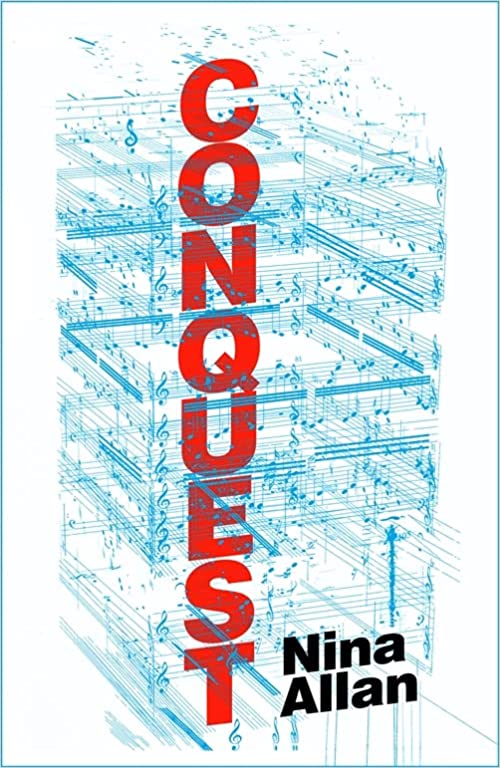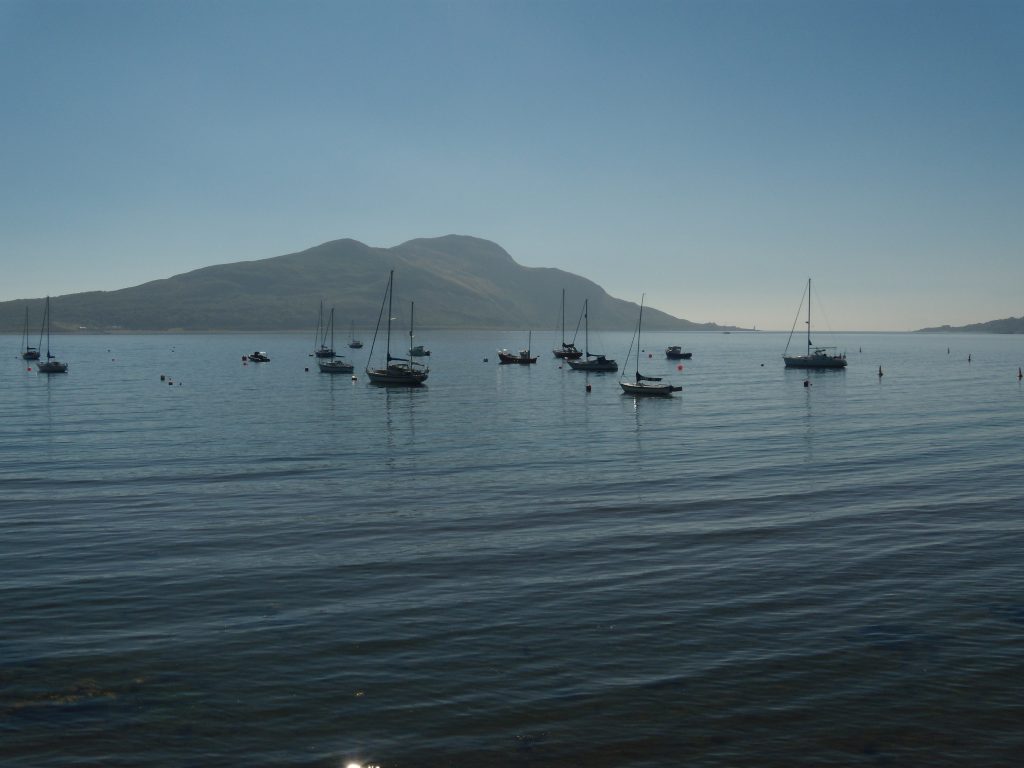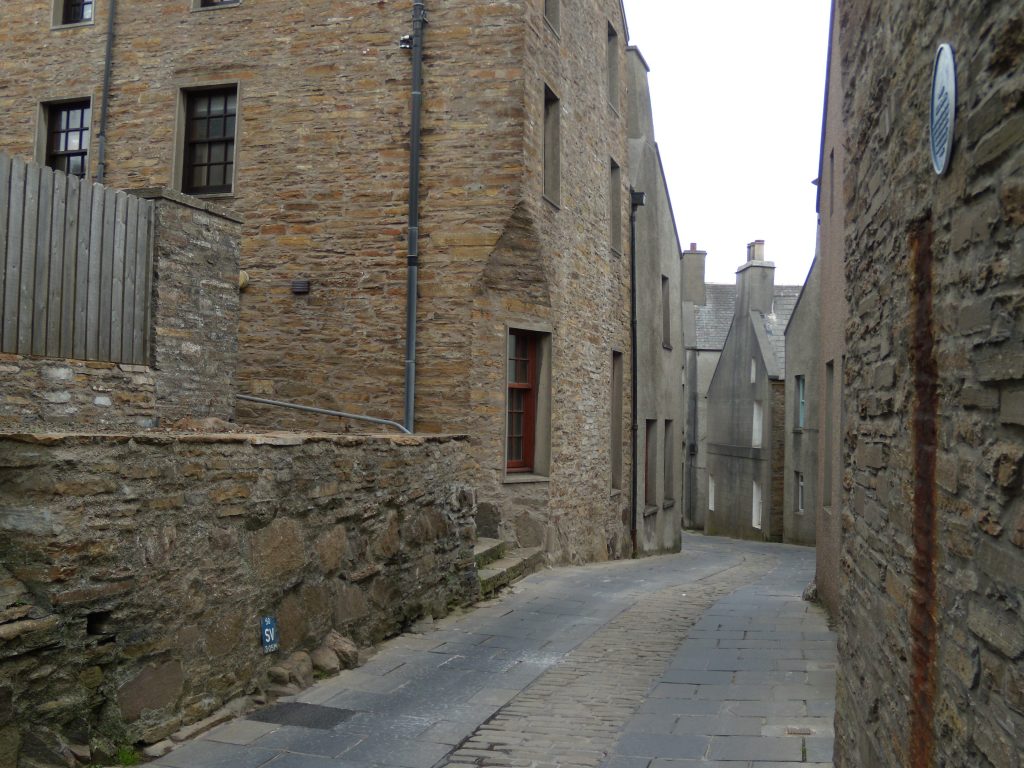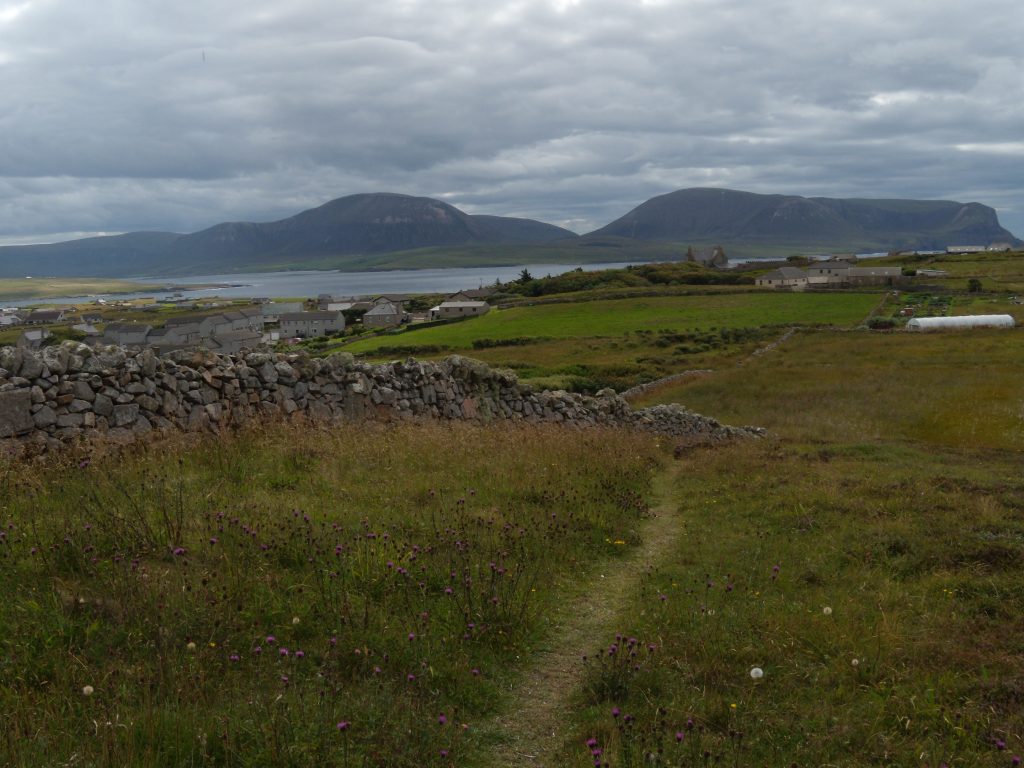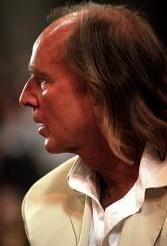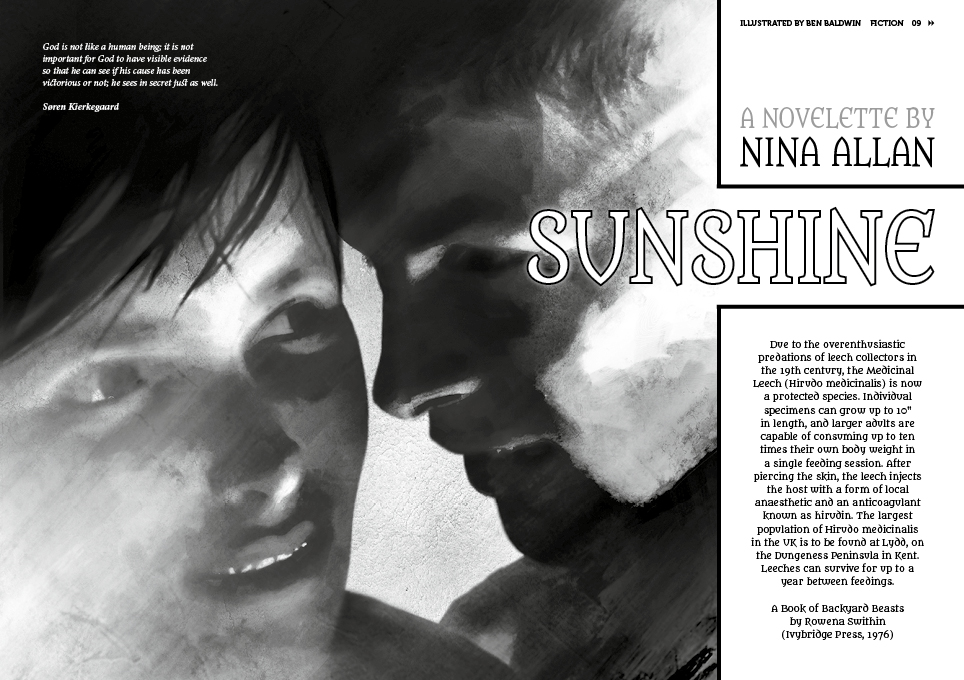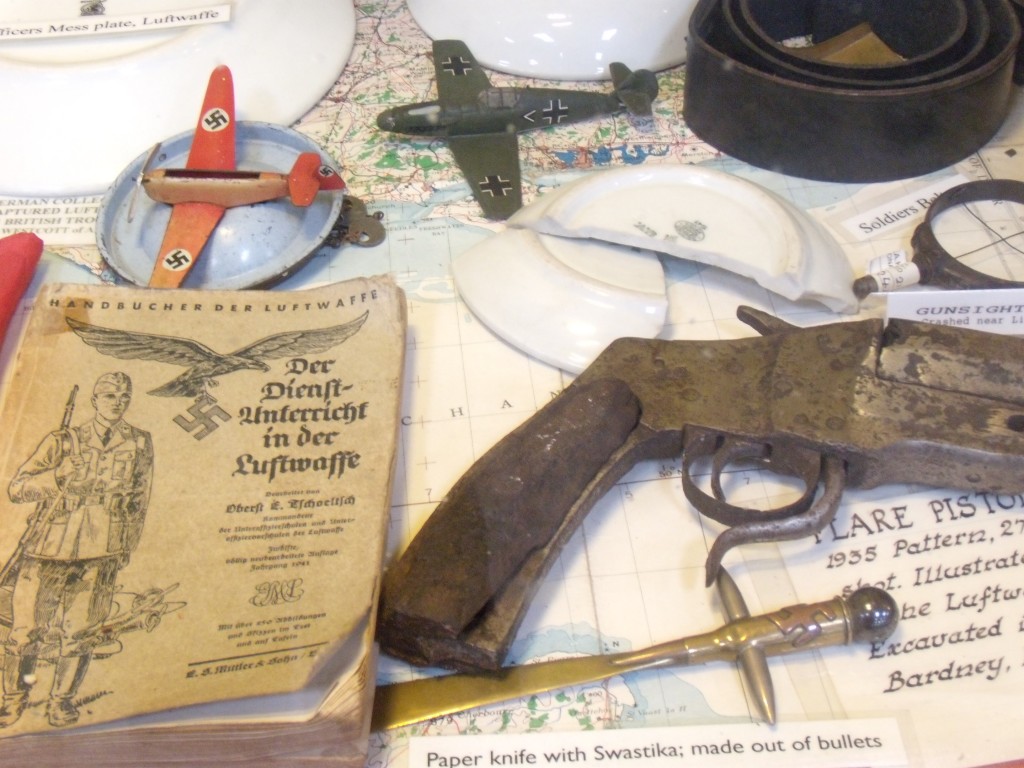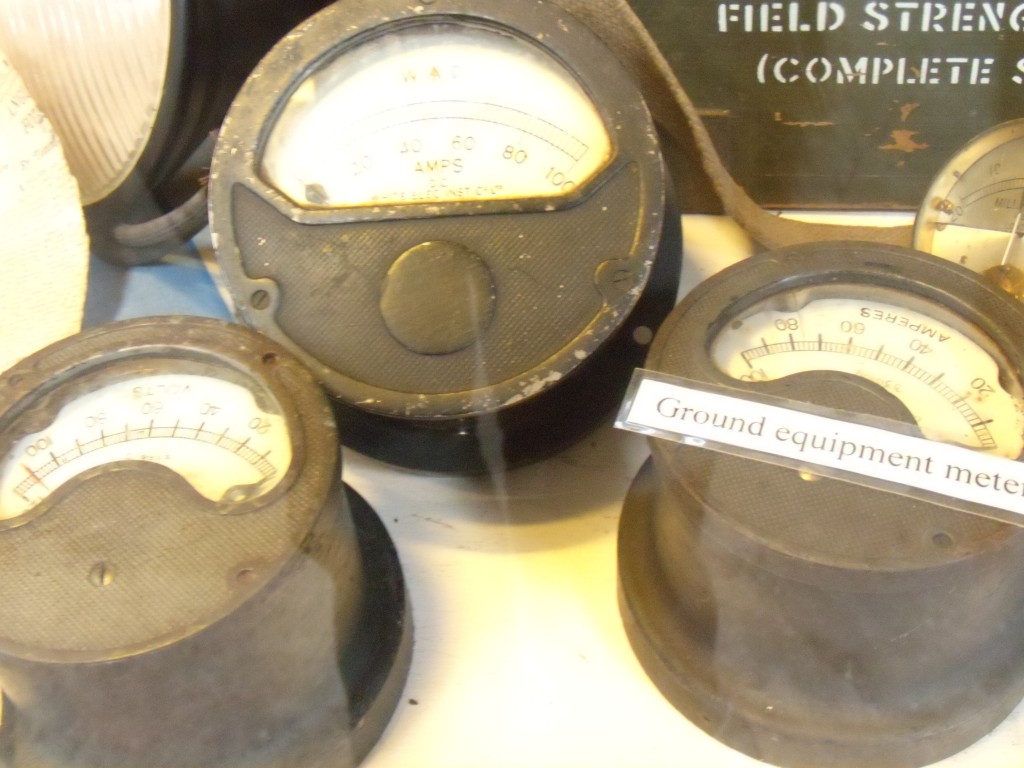‘Not so long ago this book might have been about Bill Evans rather than Erik Satie,’ Penman writes in his new, strange and cumulatively addictive book. ‘A time when I was lost inside a kind of willed solitude, fenced in by self-destructive habits and unassuageable longings. No visible horizon, everything in lifeless tones, handfuls of soil thrown onto a premature coffin. You come to accept it as just the natural way of things. Longing as a state of being. Saudade gone terminally wrong. A kind of exasperated bliss that becomes unhealthy, stuck, congealed.’
Penman’s 2023 book Fassbinder Thousands of Mirrors became for me almost instantly the kind of literary touchstone or lifebuoy that I can only liken to a jagged tooth of rock, offering a handhold in a raging sea. The sense of absolute resonance – especially then – in terms of both how the words were put together and what they said was so intense for me, appropriate to my needs and interests in a way that, as one struggles with one’s own work and doubts, becomes increasingly rare, that I was initially perplexed by this new thing. I almost, dare I say it, felt disappointed. What the hell was it and why had Penman written it? The first part, entitled ‘Satie Essay’, read like I could have written it myself (for me this is never a good sign) and then what on Earth was the point of his ‘Satie A-Z’?
It seemed to me as if he had picked his subject almost at random then doodled around with it, a strategy that worked, just about, because Penman is a brilliant writer and writers of that calibre can make something of anything. But why?? I kept going because this was Penman and so how could I not. What happened for me was like opening a package, like playing pass the parcel: the exterior layers of ‘knowing’ were really covers for what was inside, Penman’s ‘Satie Diary’.
I had been feeling frustrated with the book for not being personal enough – what had been the trigger? – only to be confronted with what is, in fact, a form of confession.
It is a lovely, lovely thing. The kind of writing one dreams of. It’s – it’s a bit like Satie.
Everything in this book comes in threes, a kind of occult numerology originating – of course – from its source material: ‘Trois Gymnopedies’, ‘Trois Gnossiennes’, ‘Three Pieces in the Shape of a Pear.’ Penman describes Satie’s most popular pieces – now so ubiquitous they would be instantly recognisable even to those who have never heard the composer’s name – as sounding like ‘pieces composed by someone who knew there would one day be recording studios, CDs, downloads.’ It’s so startling and so true, like almost everything else you will find here. Penman worries occasionally about his lack of grounding in music theory and all I can say is, you don’t need it, mate. The language of musicology, for the writer, is like most other academic forms: you can slip into it without realising what you’ve stepped in and then spend most of a lifetime trying to get it off your shoe.
Penman’s observations about Satie’s musical influence – Satie = Eno = Glass, Satie = Cage = Feldman – are spot on, the kind that can come only from listening, from the kind of understanding that is alchemical, that cannot be taught.
Again and again while reading this book I had the sense that Penman and I had been journeying towards Satie from opposite directions. He speaks – and I guessed this even before he mentioned it – of his being turned off classical music entirely as an adolescent through the ostentation, the insatiable, overbearing genius of the big beasts of the classical canon, the very idea of Wagner. Huge symphonies, ‘show-off’ piano concertos – they were just noise for him, a teachery view of music that felt not just irrelevant but actively repellent, the language around it – the behaviour – a deliberate act of gatekeeping.
For me at the same age, all that stuff was my safe space, a thing I knew about and could talk about and was therefore protected by. I didn’t hear Bill Evans until I was in my thirties. I listened to jazz at first with a kind of guilt, the sense that I was betraying something essential not only to myself but about myself.
It’s all incredibly personal. My journey in music is as deeply internalised and as intellectually significant to me as my journey in writing, my finding of a subject. But how strange it is, that coming from different directions, Penman and I, we meet in the middle: Tallis and Palestrina, the Goldberg Variations, odd end-of-century minimalism and electronica. Gesualdo. The kind of stuff you hear on Night Waves. Biber’s rosary sonatas.
I’ve just been listening to the Satie three piece suites again. There is something lonely about them. (Because in spite of his capacity for friendship, Satie was lonely – that room of his, stuffed with trash and unopened letters, says it all.) Something chilling – music for the end of time. (Messiaen – he’s another one.) Limpid. Eerie. Excruciatingly lovely. Music that makes me think of Chris Marker’s La Jetee, the stills in the museum. (Penman refs Marker in passing and how could he not?) Music that makes me ache with a sadness that can never be resolved.
I might never feel confident enough to write about Bill Evans or Thelonius Monk or Chick Corea – I don’t have the language yet. I would feel on safer ground writing about Gubaidulina or Saariaho. My feelings about Wagner, now, are too complicated for me to bother trying to unravel and suffice it to say that the man was and is a pain in the arse. I still think Beethoven’s Missa Solemnis is one of the most glorious structures in all of Western music – the sonic equivalent of a cathedral – but it comes from a time we have forfeited, flickering by us in disjointed frames from the Pathe newsreel of history. To an extent at least, the experience of listening to it can only ever be one of nostalgia.
Those little pieces of Satie’s, though. They’re a hundred years old, more or less. But they’re infected with the germ of our own time and that – well, there’s something terrifying about it.

